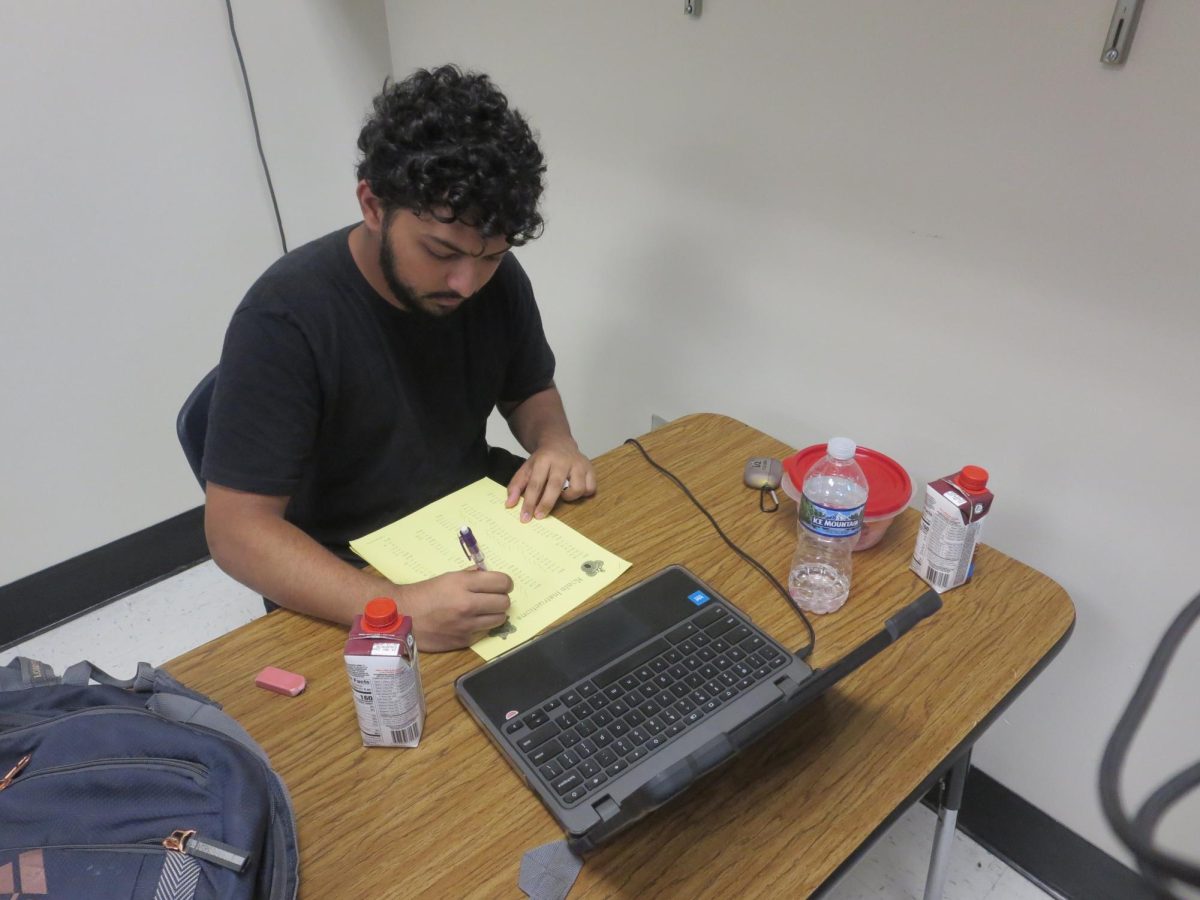Breakfast. The most important meal of the day. Yet, it is a common trend among teenagers to skip breakfast. We decided to ask some teachers, students, and even a nurse what they believe the effects of not eating breakfast are, especially considering your academic performance.
When asked about the benefits of having breakfast before school starts, South’s nurse Amy Laur stated, “Your brain burns through glucose when working through class and if you don’t eat breakfast then you are not going to do as well on your schoolwork and overall education.”
We also used an article called, healthychildren.org where it stated, “Breakfast eaters have better brain function, memory, and attention.”
This draws attention to the tired and sluggish state students are in once they begin school as well as throughout the day. We asked math teacher, Mr. Koreher, about how academic performance is affected regarding if breakfast is eaten or not. He stated, “Not eating breakfast can lead you to be sluggish, and exhausted, and teenagers in the mornings aren’t wired to be awake so that just makes it more difficult.”
Additionally, we asked him if he has noticed this personally, from a fatherly perspective, at home with his daughter, Allison Koreher, which he stated, “No, I don’t think she eats breakfast in the morning, if I’m being honest, I don’t think I’ve ever seen her eat at all. She is the type of person to get a sniff of food and that’s enough for her.”
We also asked nurse Amy Laur how not eating breakfast affects the health of teenagers. She replied with, “Mostly it’s just attentiveness in class, and dizziness, as well as stomach nausea, which is a very common symptom seen almost everyday at South due to the lack of breakfast.”
In contrast, when junior Delaney Hinson was asked why do you skip breakfast in the morning, she stated, “Because I get really nauseous when I eat in the mornings.” This contradicts what the nurse Amy Laur said because nausea is a general reaction people have when not eating breakfast. Some students like Delaney Hinson may feel quite differently, and even prefer the hunger over the potential nausea that would ensue.
Furthermore, we interviewed senior Hannah Luesse, who stated that she only eats breakfast about 3 times a week. When asked about how this affected her she said, “If I eat breakfast in the mornings I am more efficient in school and motivated to get my work done, whereas when I don’t eat breakfast I am really tired, and super hungry by the end of the day.”
This shows the stark difference between students who eat breakfast and don’t eat breakfast. Since Luesse does both, she has proven that she performs better at school when she eats a nutritious breakfast.














